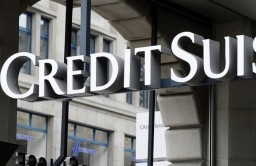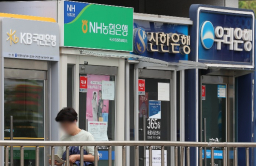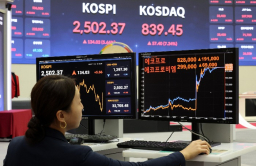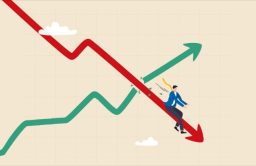-
KOSPI 2946.66 +52.04 +1.80%
-
KOSDAQ 777.26 +8.40 +1.09%
-
KOSPI200 394.16 +6.86 +1.77%
-
USD/KRW 1366 -4.00 0.29%
Korea may partially lift short-selling ban from June: regulator
Short selling
Korea may partially lift short-selling ban from June: regulator
A delayed law revision and the lack of relevant systems could take it longer to remove the blanket ban
By
May 20, 2024 (Gmt+09:00)
2
Min read
News+
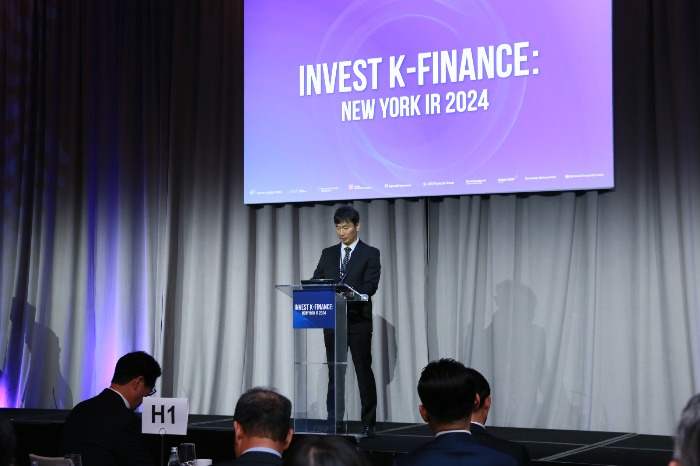
NEW YORK -- South Korea may partially lift a ban on short selling in the domestic stock market from as early as June, before removing the blanket ban on such trading activities initially scheduled for July, the country’s financial regulator said last week.
The country has prohibited short sales of Korea-listed stocks since Nov. 6 last year at least to the end of next month, after some foreign banks were found to have executed a substantial amount of naked short sales, which is banned in South Korea.
“We’re reviewing measures to allow for the resumption of short selling through an enforcement ordinance before revising the law,” said Lee Bok-hyun, governor of the Financial Supervisory Service (FSS) on May 16.
“I hope and plan to allow for the partial resumption of short selling from June,” he said at a press conference in New York City on the sidelines of the Invest K-Finance: New York IR 2024, an event jointly organized by the FSS and South Korean financial companies.
But Lee added that technical problems and the lack of relevant systems could delay the schedule as it is building systems to tighten the monitoring of short selling.
Moreover, to lift the short-selling ban in July, the regulatory body is seeking to revise the Capital Markets Act to make it mandatory for institutional investors to share the outstanding balance of their short-selling transactions with the Korea Exchange and financial regulators.
But the revised bill is pending at Parliament.
His remarks followed the FSS' announcement early this month that it had uncovered 211.2 billion won ($156 million) of naked short sales in the country by Credit Suisse, Nomura Securities and seven other global banks between 2021 and 2023.
For the alleged illegal short sales, the financial watchdog has decided to fine Credit Suisse and Nomura Securities a combined 54.0 billion won in penalties.
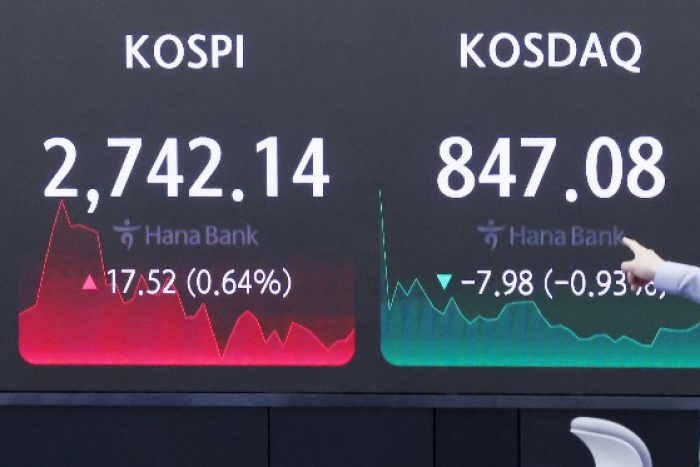
TAXES, DUTY OF GOOD FAITH
The governor also criticized the opposition Democratic Party’s proposal to introduce windfall taxes on banks and oil refiners for excessive profits, adding that they make no economic sense and may run afoul of laws.
As part of shareholder-friendly measures, the FSS is pushing for a commercial law revision to contain the clause of an obligation that company managers must act with good faith not only for the companies, but also for shareholders.
The proposed new law aligns with the corporate value-up program, a government-led initiative to resolve the so-called Korea Discount, referring to Korean stocks trading at lower values than their fundamentals.
Write to Ik-Hwan Kim and Su-Ji Na at lovepen@hankyung.com
Yeonhee Kim edited this article.
More To Read
-
May 07, 2024 (Gmt+09:00)
-
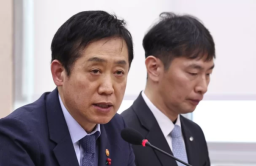 Korean stock marketKorea announces measures to upvalue local shares
Korean stock marketKorea announces measures to upvalue local sharesFeb 26, 2024 (Gmt+09:00)
-
Nov 16, 2023 (Gmt+09:00)
-
Nov 06, 2023 (Gmt+09:00)
-
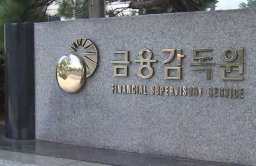 Korean stock marketHSBC, BNP Paribas to be fined for naked short sales in S.Korea
Korean stock marketHSBC, BNP Paribas to be fined for naked short sales in S.KoreaOct 15, 2023 (Gmt+09:00)
-
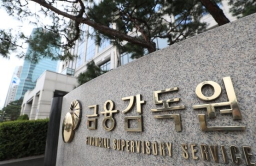 Korean stock marketKorea warns foreigners of stricter rules on illegal short selling
Korean stock marketKorea warns foreigners of stricter rules on illegal short sellingSep 07, 2023 (Gmt+09:00)
-
Feb 07, 2023 (Gmt+09:00)
-
Sep 30, 2022 (Gmt+09:00)
-
Jun 22, 2022 (Gmt+09:00)


